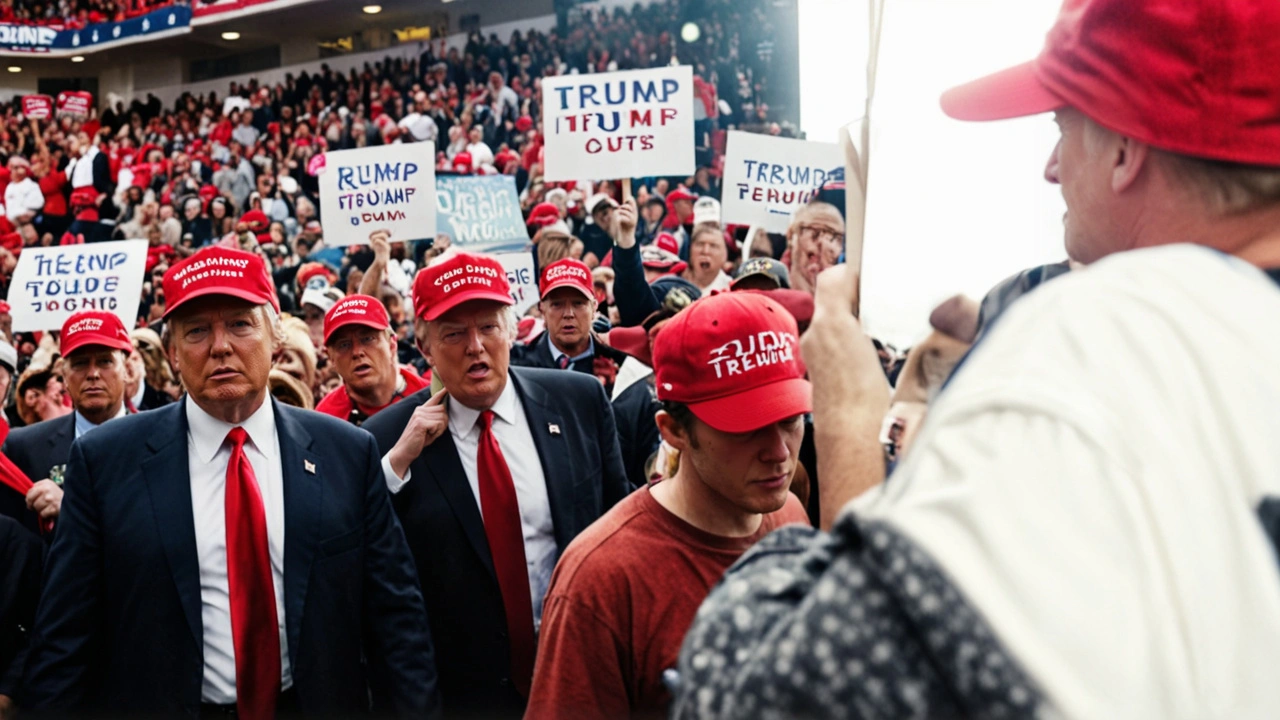Political Violence: What You Need to Know
Political violence is more than just clashes or protests—it’s an intense form of conflict where power struggles turn dangerous and often deadly. It happens when disagreements over government, leadership, or policies escalate beyond peaceful debate. This type of violence can happen anywhere—from big cities to small villages—and often impacts everyday people the hardest.
Why does political violence occur? Often it’s tied to unfair treatment, lack of opportunity, or groups fighting for control or influence. Sometimes, governments use force to suppress opposition, while in other cases, rebel groups or militias rise up to challenge the status quo. When peaceful channels fail or disappear, violence becomes a harsh way for voices to be heard or power to be taken.
How Political Violence Affects Communities
The effects of political violence ripple through all parts of society. Families can lose their homes, businesses shut down, and schools close. People live in constant fear, which can hurt local economies and slow development. Moreover, political violence often spreads distrust and divides people, making it harder to find common ground for peace. It disrupts daily life and makes basic needs like food, shelter, and safety harder to find.
On top of that, political violence can damage relationships between citizens and their government. When governments respond with harsh crackdowns or fail to protect people, trust breaks down. This can fuel more unrest, creating a cycle that’s tough to break. For instance, in places where political violence is frequent, you might see elections canceled or postponed because it’s just not safe to hold them.
Finding Solutions and Staying Safe
Addressing political violence means more than just stopping physical fights; it needs tackling root causes like inequality, injustice, and poor governance. Community efforts to encourage dialogue and understanding can help, along with fair laws and transparent leadership. International support also makes a difference in helping countries rebuild trust and provide security.
For individuals, staying informed about local issues and participating in safe, peaceful ways helps strengthen communities. If tensions rise, it’s smart to have a plan for safety and keep communication open with trusted people. Remember, change is possible when everyone works toward justice without turning to violence.
Political violence is complex, but understanding why it happens and how it affects people is a good step toward making society calmer and safer for everyone.

The FBI has identified the gunman at a Trump rally in Butler, Pennsylvania, as Thomas Matthew Crooks. The attack, resulting in one death and multiple injuries including Trump himself, is being treated as an attempted assassination. This incident heightens political tensions days before the Republican National Convention.
Read More